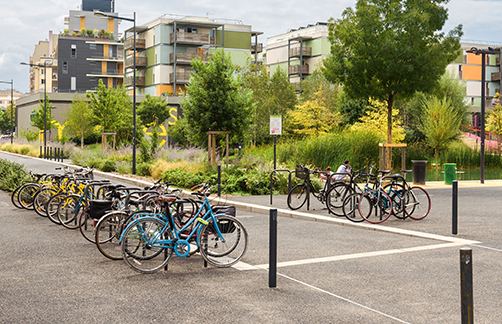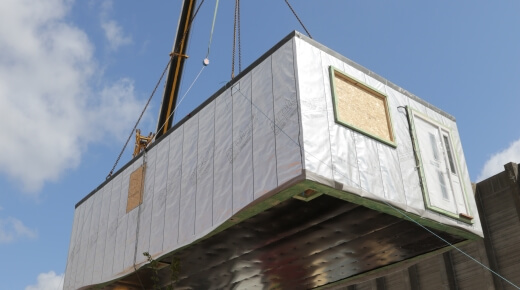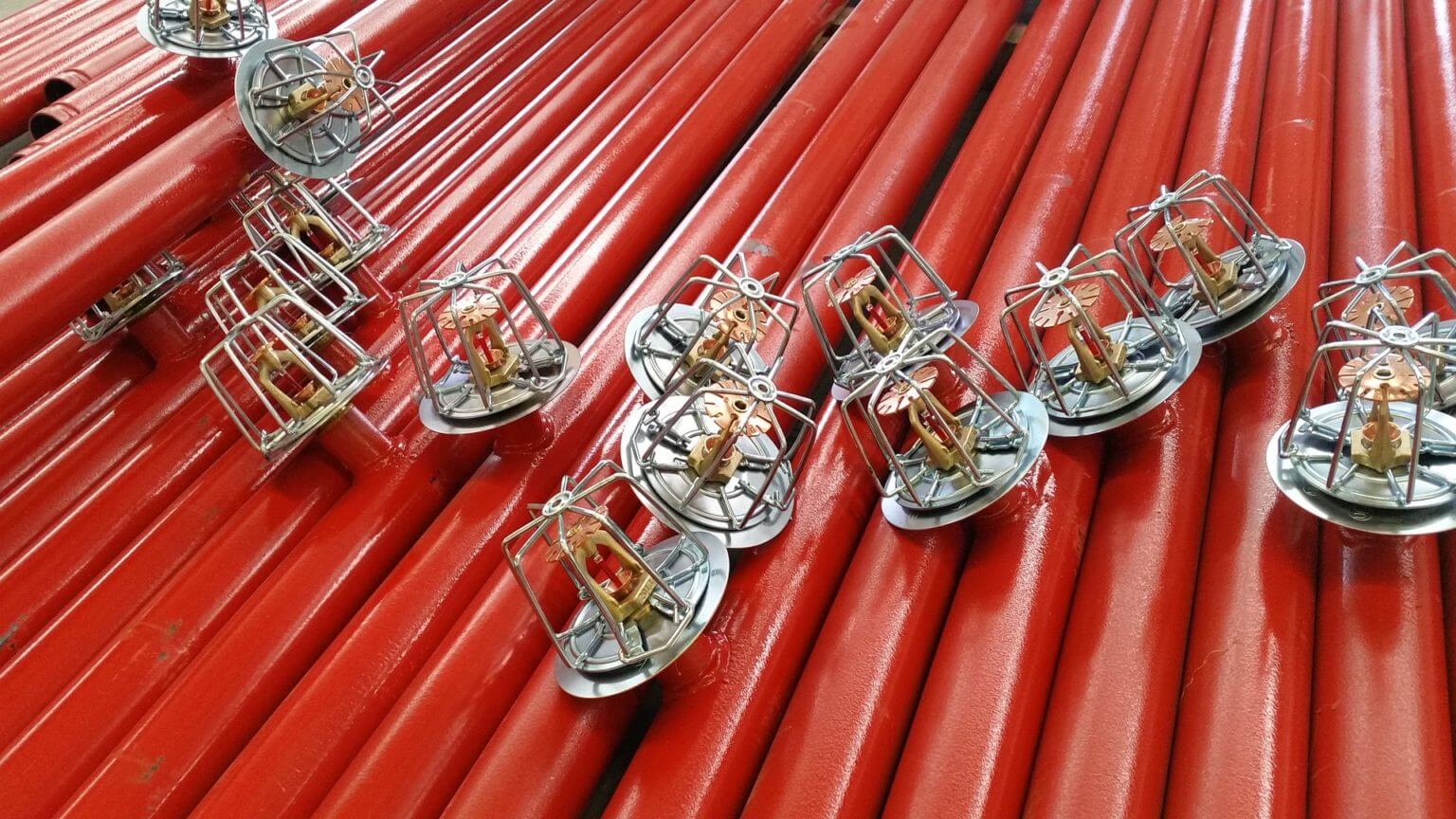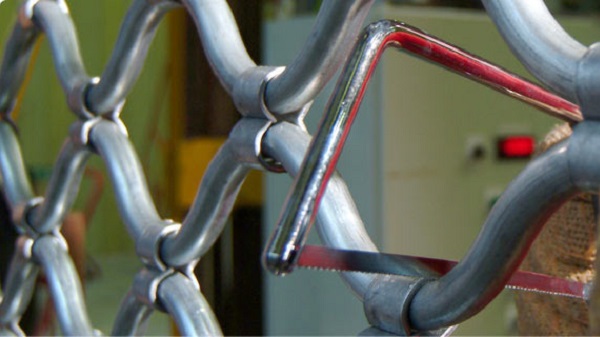BRE Global Standards Consultation
An essential element in the development of BRE Global’s standards is open consultation with external stakeholders.
Open Consultations
There are no open consultations currently on our site.
Closed consultations

LPS 2083 : Issue 1.0 - The Requirements and Test Procedures for the LPCB Approval of Automatic Water Level Control Valves for use in Above Ground Suction Tanks for Sprinkler Systems.
This document specifies the requirements and test procedures for the LPCB approval of automatic water level control (AWLC) valves for use as part of an LPCB LPS1276 above ground suction tanks for sprinkler systems approved Tank.
The objective of the approval procedure is to evaluate the effectiveness and reliability of the AWLC Valve when used as part of an LPCB LPS 1276 approved tank installation. The evaluation of the AWLC Valve is a verification of the performance parameters specified by the manufacturer and the performance requirements detailed in this standard.
For any questions about the consultation please contact Sarah Colwell
The consultation for LPS 2083 is now closed. You can access the draft of the standard and its supporting form using the highlighted links.
LPS 1976 requirements and testing procedures for the LPCB approval and listing of video flame detectors
This standard specifies requirements, test methods and performance criteria for video flame detectors and video flame detection systems. These detectors detect changes in video images characterised by the properties of flames generated during the combustion of carbon-based materials. These detectors are installed in and around buildings as well as in broader applications but are intended to be used as part of fire detection systems.
LPS 1976 is based on the well-established requirements and test methodology of EN 54-10, to set out the requirements specific to the capture and analysis of video images of potential flaming fires, assesses the immunity to false alarms sources relevant to the new technology and provides the basis for regulatory approval of these new types of flame detectors/systems.
These types of detectors are suited to large open spaces at greater distances from the fire in environments in which there may be sources of contamination or causes of false alarms. Examples include challenging environments such as departure lounges, aircraft hangars, oil rigs, waste processing facilities, tunnels and factories. These detectors offer robust false alarm rejection as they can be programmed to reject common false alarm sources.
This standard approaches this technology with performance requirements for video flame detectors and video flame detection systems intended to operate as primary systems, offering comparable levels of protection as other fire detectors to EN 54 standards.
This Loss Prevention Standard allows manufacturers to specify the range of the video flame detector and video flame detection system over which it can detect a flaming fire. The range is tested by measuring the response of these to test fires at minimum and maximum distances, as declared by the manufacturer.
For any questions about the consultation please contact Raman Chagger.
The consultation for LPS 1976 is now closed. You can access the draft of the standard and its supporting form using the highlighted links.


BREEAM Version 7 consultation
In a rapidly changing market with greater emphasis on achieving net zero carbon, BREEAM can play a vital role by benchmarking and highlighting performance improvements throughout the lifecycle of assets and portfolios.
The BREEAM V7 consultation presented an opportunity for stakeholders to preview and influence key features of the upcoming BREEAM V7, set for release in 2024. With a focus on updating whole life carbon and energy credits, BREEAM V7 will apply to the New Construction, In-Use, and Refurbishment and Fit-Out schemes.
LPS 1048: Issue 6.0
This Standard identifies the evaluation and / or testing practices undertaken by LPCB for the purposes of approval and listing of products and services. LPCB listing and approval of products and services is based on evidence acceptable to LPCB:-
that the product or service meets the standard;
that the manufacturer or service provider has staff, processes and systems in place to ensure that the product or service delivered meets the standard
and on:-
periodic audits of the manufacturer or service provider including testing as appropriate;
compliance with the contract for LPCB listing and approval including agreement to rectify faults as appropriate;
The consultation for LPS 1048: Issue 6.0 has now closed. Thank you to everyone who has participated by submitting comments.


BREEAM In-Use International
This consultation has now closed. Thank you to all those who have participated. The draft standard is available for review along with a summary document of the proposed changes. The feedback and comments on the proposed changes from BREEAM In-Use Users is important as we seek to broaden BREEAM without increasing it’s complexity, making it more accessible and transparent.
The BREEAM In-Use update takes place at a particularly crucial time. The urgency of addressing the sustainability of our communities and buildings – particularly existing buildings – continues to grow. The BREEAM team are committed to ensuring that BREEAM continues to use the best research and science to set the standard and operate a certification program that delivers value and gives investors, owners and operators the information they need to make better decisions, manage risk and to communicate performance transparently.
We welcome feedback from all clients, users, assessors and stakeholders, and need your support to make the new version the best it can be. With so many sustainability, ESG & resilience challenges facing the real estate market right now, this is the perfect time to be involved! We look forward to hearing from you!
BPS 7014 Standard for Modular Systems for Dwellings
This BRE Product Standard (BPS) 7014 has been developed to provide a route to certification for offsite/modular construction for use as residential buildings.
The Standard sets out performance requirements in a number of technical areas. Some of the requirements are mandatory, such as for fire and structural performance, and are required to demonstrate regulatory compliance. Other performance assessments are voluntary. The requirements have been subject to detailed consultation with the Advanced Manufacturing of Homes Buildings and Infrastructure (AMHBI) project consortium and other industry stakeholders.
The consultation for BPS 7014 Standard for Modular Systems for Dwellings has now closed. Thank you to everyone who has participated by submitting comments.


LPS 1131
This is a major update to align with the current prEN 12259-12 (and anticipated publication of the full standard), together with current best practice.
This standard specifies LPCB’s certification requirements for single stage and multi-stage centrifugal pumps with mechanical seal or soft packing for use in automatic sprinkler systems conforming to EN 12845:2015 or the LPC Rules for Automatic Sprinkler Installations.
We welcome feedback from clients, users and stakeholders, to enable us to ensure that the revised standard meets the needs of the sector. We look forward to hearing from you!
This consultation has now closed. Thank you to everyone who has participated by submitting comments.
Standards in mental health design
Draft Design Guidance – Consultation
Design Guide for products installed and used within buildings and facilities used for the care of mental health – test methods and performance categorisation criteria.
This first draft of the Design Guide aims to create a means of evaluating products so that fair comparisons can be made, validated and verified.
One of the issues faced by those sourcing products for the mental health environment is understanding the product’s suitability. This document provides testing methodologies for materials, fixtures and hardware that have been specifically designed for use within mental healthcare facilities. It aims to help staff better understand the risks still present in products and create better risk management procedures.
The consultation for Standards in mental health design has now closed. Thank you to everyone who has participated by submitting comments.


CEEQUAL Version 6
A sustainability performance standard against which civil engineering, infrastructure, landscaping and public realm projects in the UK and internationally can be assessed for a CEEQUAL rating.
CEEQUAL Version 6 is the first stage of bringing CEEQUAL into the BREEAM family of schemes. Within this version the primary focus has been on integrating CEEQUAL questions from Version 5 into the BREEAM structure.
This document is a draft technical manual and is intended for use by trained and qualified CEEQUAL Assessors and Verifiers in accordance with the procedural and operational requirements of CEEQUAL to rate an infrastructure project.
The consultation for CEEQUAL Version 6 has now closed and the resulting standard can be downloaded here. Thank you to everyone who has participated by submitting comments.
LPS 1175 Issue 8.0
Requirements and testing procedures for the LPCB certification and listing of intruder resistant building components, strongpoints, security enclosures and free-standing barriers.
The purpose of this standard is to evaluate the resistance to unauthorised access offered by physical security products.
The standard defines the level of security provided by a product according to the tools and time likely to be used by a criminal. Specifiers can therefore select products/systems that provide levels of security matching their needs.
The consultation has now closed and the resulting standard can be downloaded here. Thank you to everyone who has participated by submitting comments.

